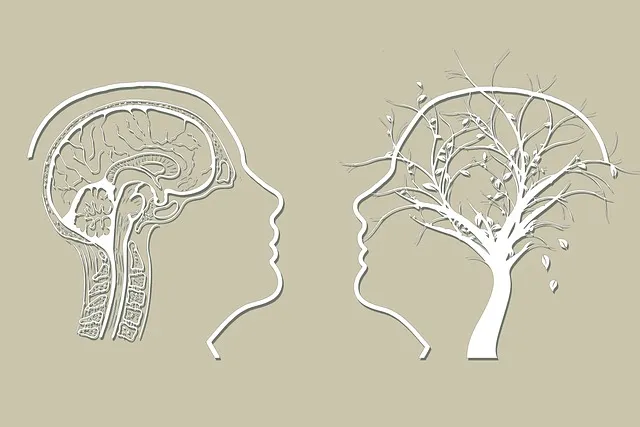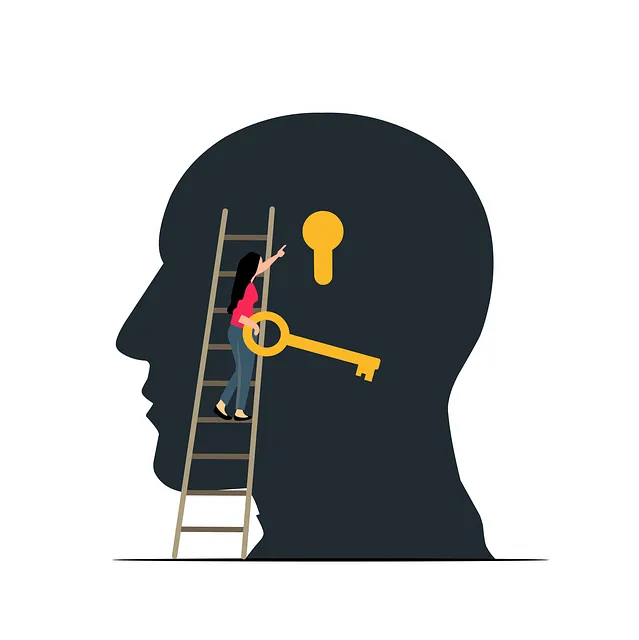Kaiser Permanente's Superior mental health appointment centers excel through advanced training, technology integration, and patient-centric care. They prioritize precise diagnoses using immersive workshops, digital platforms, AI algorithms, and open communication. This holistic approach, combining evidence-based treatments with emotional intelligence, fosters trust and understanding, ensuring a supportive environment for every patient.
Mental illness diagnosis accuracy is a critical aspect of patient care, and continuous efforts are underway to enhance this process. This article explores innovative strategies aimed at improving diagnostic precision in mental health appointments, focusing on best practices from leading centers like Kaiser Permanente. We delve into advanced training methods, the integration of technology, patient feedback mechanisms, and superior center practices that contribute to more accurate diagnoses, ultimately enhancing treatment outcomes for individuals navigating mental health challenges.
- Kaiser Permanente: Leading the Way in Mental Health Care
- Enhancing Diagnosis Accuracy through Advanced Training
- The Role of Technology in Improving Mental Illness Assessment
- Integrating Patient Feedback for More Effective Treatments
- Superior Center Practices: Ensuring Accurate Mental Health Diagnoses
Kaiser Permanente: Leading the Way in Mental Health Care

Kaiser Permanente, a renowned healthcare organization, has been at the forefront of transforming mental health care. Their commitment to excellence is evident through their comprehensive approach and innovative practices. With an extensive network of dedicated mental health appointment centers, Kaiser Permanente offers superior access to specialized services, ensuring timely support for individuals seeking help.
The organization’s efforts extend beyond clinical care, as they actively engage in initiatives aimed at improving diagnosis accuracy. They provide resources for Crisis Intervention Guidance, empowering individuals to navigate difficult situations. Additionally, Kaiser Permanente fosters Resilience Building programs, equipping people with the tools to bounce back from challenges. By addressing mental illness stigma reduction efforts, they create a supportive environment, encouraging open conversations and promoting understanding.
Enhancing Diagnosis Accuracy through Advanced Training

At Kaiser Permanente mental health appointment centers, a significant effort is being made to enhance diagnosis accuracy through advanced training programs. These initiatives focus on equipping healthcare professionals with the latest knowledge and skills in identifying complex mental health conditions. The Superior approach involves immersive workshops, peer-to-peer learning sessions, and regular updates on best practices. By fostering an environment of continuous improvement, these centers are ensuring that every patient receives a precise diagnosis tailored to their unique needs.
The integration of Crisis Intervention Guidance, Mental Health Awareness campaigns, and Mindfulness Meditation techniques further strengthens this process. These strategies not only aid in detecting subtle symptoms but also promote a holistic understanding of mental well-being. Through such comprehensive training, Kaiser Permanente aims to set benchmarks for mental health care, ensuring that diagnosis accuracy becomes the cornerstone of effective treatment plans.
The Role of Technology in Improving Mental Illness Assessment

The integration of technology has revolutionized mental health assessment and diagnosis, particularly at centers like Kaiser Permanente’s mental health appointment centers. Advanced tools such as digital assessment platforms and tele-health services are transforming traditional in-person appointments by offering more efficient and accessible methods for evaluating mental wellness. These technologies enable detailed data collection through structured interviews, questionnaires, and behavioral observations, enhancing diagnostic accuracy.
For instance, AI-driven algorithms can analyze patient responses to identify subtle patterns indicative of specific mental health conditions. Moreover, the development of coping skills and resilience building programs, such as mental wellness coaching, is facilitated by virtual platforms, ensuring widespread access to support. This digital transformation not only improves diagnosis but also promotes the Superior care and management of mental illness, benefiting patients through personalized interventions and enhanced overall mental wellness.
Integrating Patient Feedback for More Effective Treatments

In recent years, there has been a growing recognition of the importance of patient feedback in improving mental health diagnosis and treatment accuracy at leading centers like Kaiser Permanente’s mental health appointment centers. Integrating patient perspectives allows healthcare professionals to tailor interventions that better meet individual needs. By encouraging open communication and actively listening to patients’ experiences, clinicians can gain valuable insights into symptom expression, treatment preferences, and potential barriers to care. This holistic approach ensures that treatments are not only evidence-based but also culturally sensitive and personally relevant, enhancing patient engagement and adherence.
Furthermore, the integration of mindfulness meditation techniques and self-care routine development has emerged as a powerful strategy within these superior mental health settings. Mindfulness practices enable patients to develop coping mechanisms that foster resilience and emotional regulation, complementing traditional therapy. Risk management planning for mental health professionals is also integral to this process, ensuring that practitioners are equipped with the latest research-backed strategies while prioritizing their well-being. Such comprehensive efforts contribute to a more nuanced understanding of mental illness, ultimately enhancing diagnosis accuracy and treatment efficacy.
Superior Center Practices: Ensuring Accurate Mental Health Diagnoses

At the Superior Center for Kaiser Permanente mental health appointments, efforts are focused on refining diagnosis practices to ensure accuracy and empathy. The center prioritizes a holistic approach, recognizing that mental health is deeply intertwined with an individual’s emotional intelligence and cultural background. By integrating Cultural Sensitivity in Mental Healthcare Practice, healthcare professionals at Superior strive to create a safe and understanding environment for every patient.
Effective communication strategies are at the core of this initiative. Through training in Emotional Intelligence, staff members learn to pick up on subtle cues and nuances that can significantly impact diagnosis accuracy. This involves active listening, clear explanations of diagnostic criteria, and open dialogue about symptoms and experiences. Such practices not only enhance the reliability of mental health diagnoses but also foster strong patient-provider relationships built on trust and understanding.
In an era where mental illness diagnoses are critical for effective treatment, various initiatives are transforming the landscape of mental healthcare. Organizations like Kaiser Permanente are setting benchmarks with advanced training programs and technology integration. By prioritizing patient feedback and implementing superior practices, these efforts ensure more accurate diagnoses at leading mental health appointment centers, ultimately fostering better outcomes for patients across the board.






